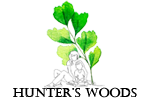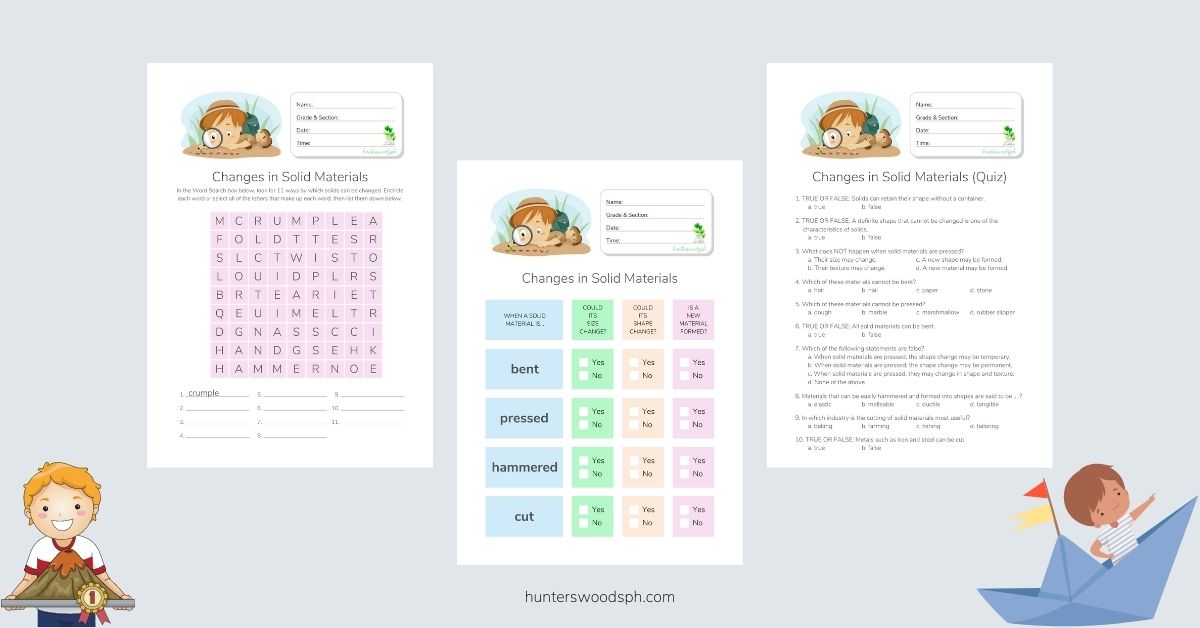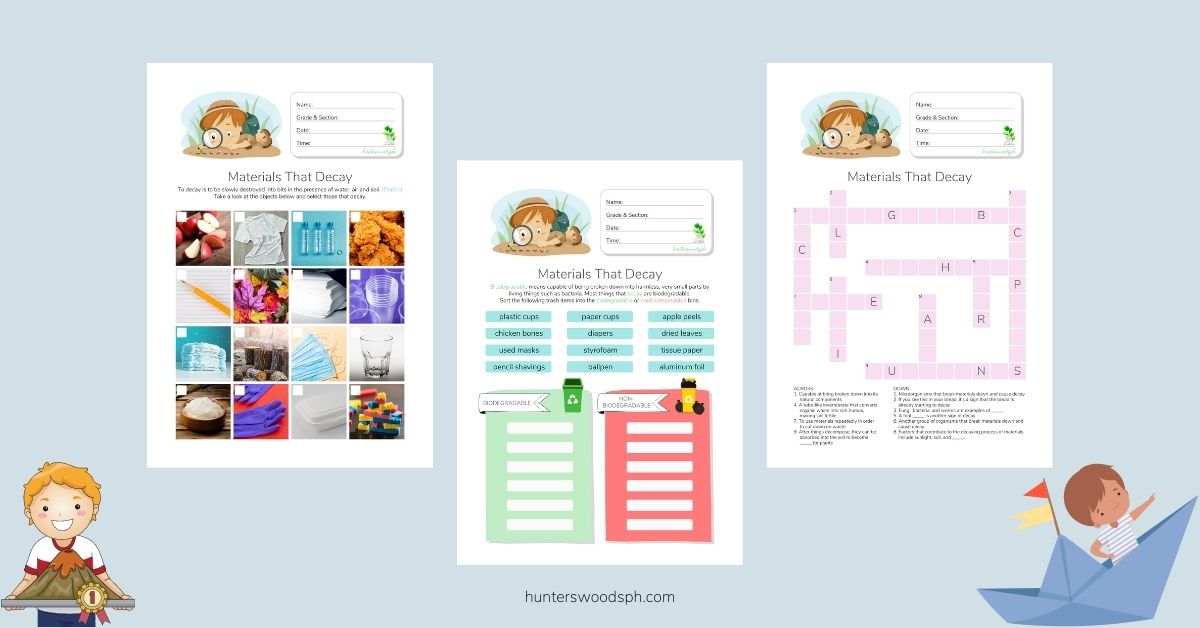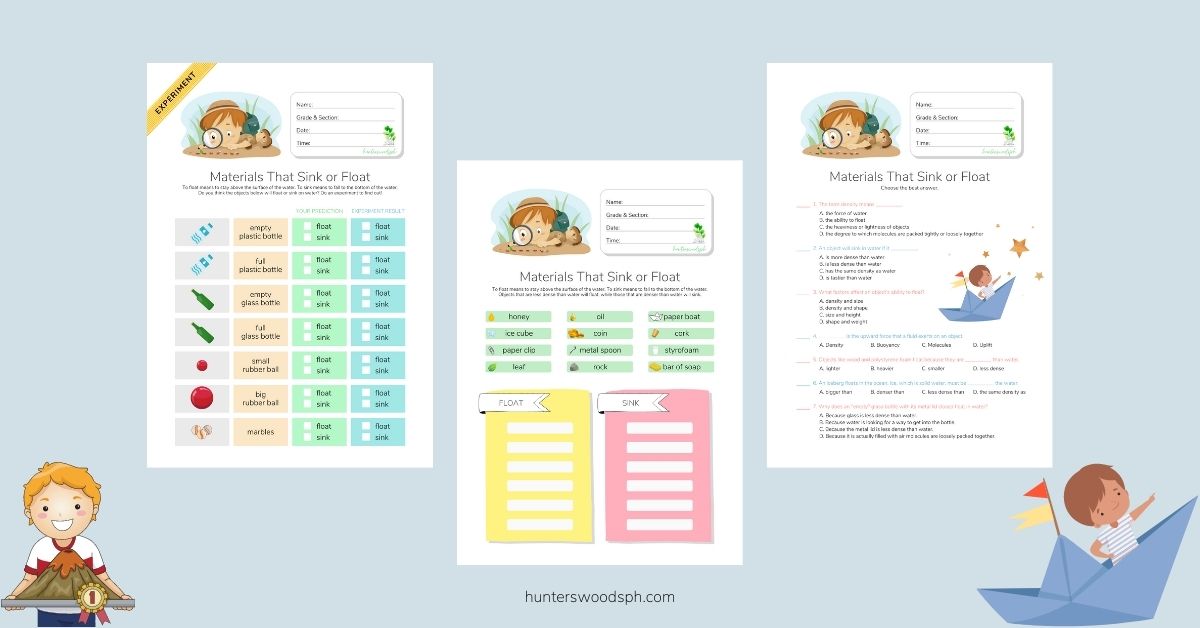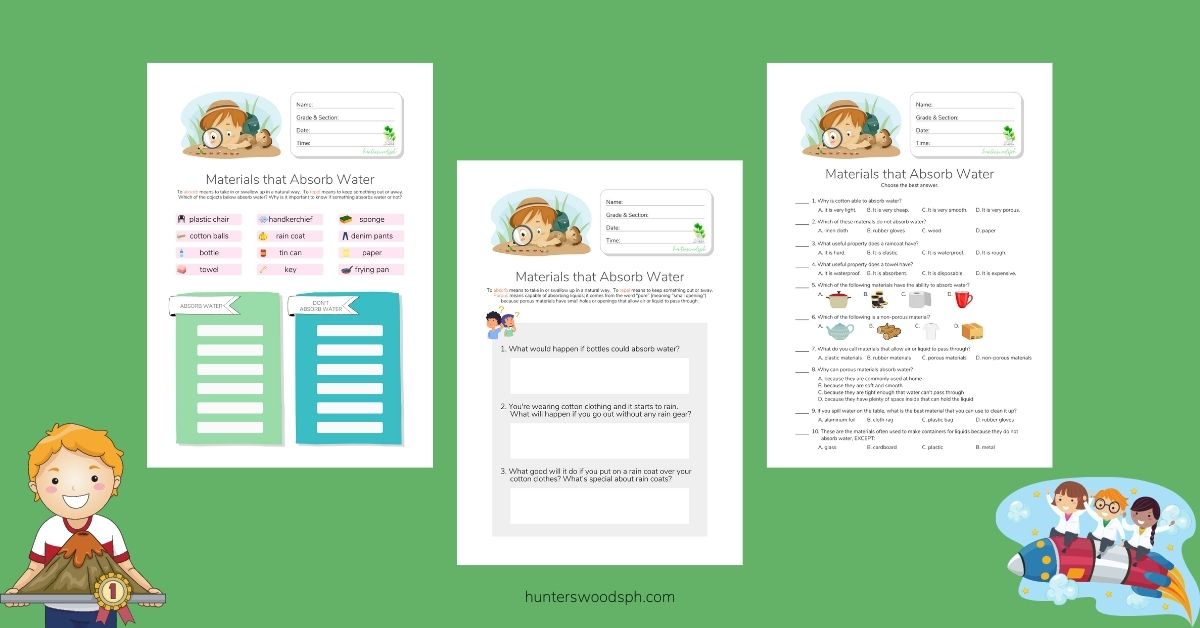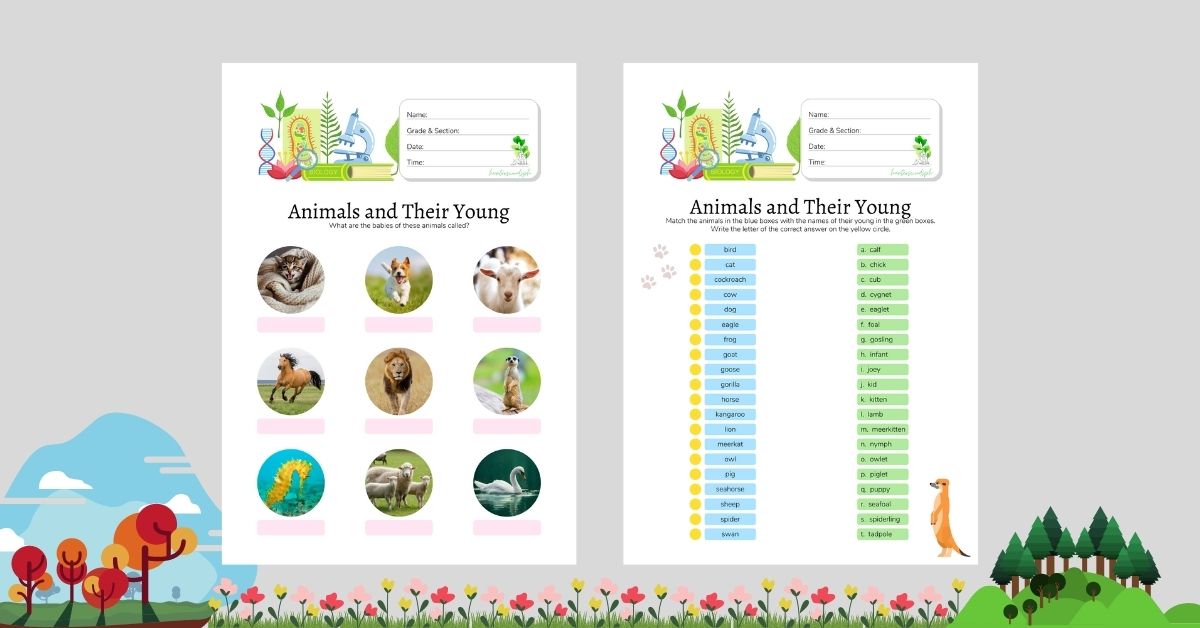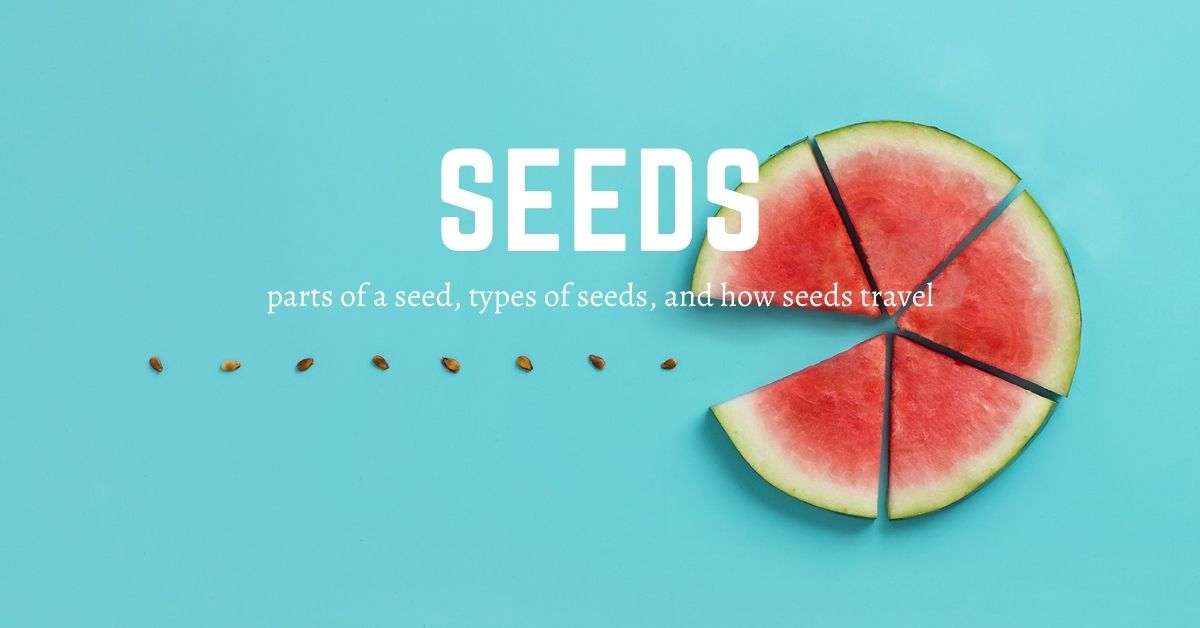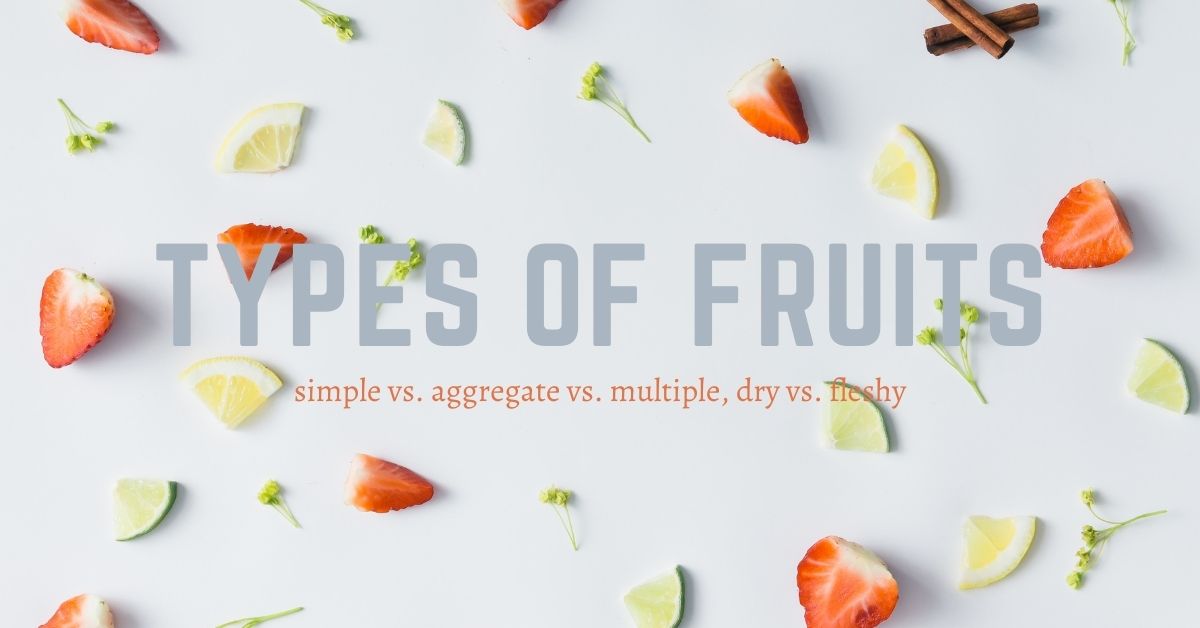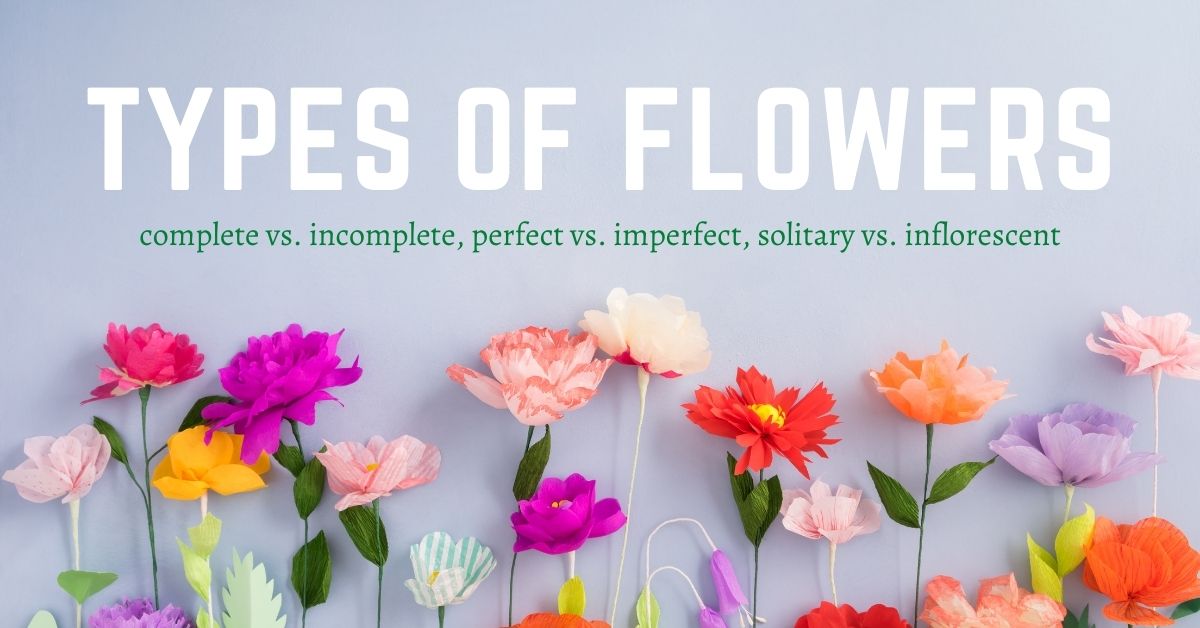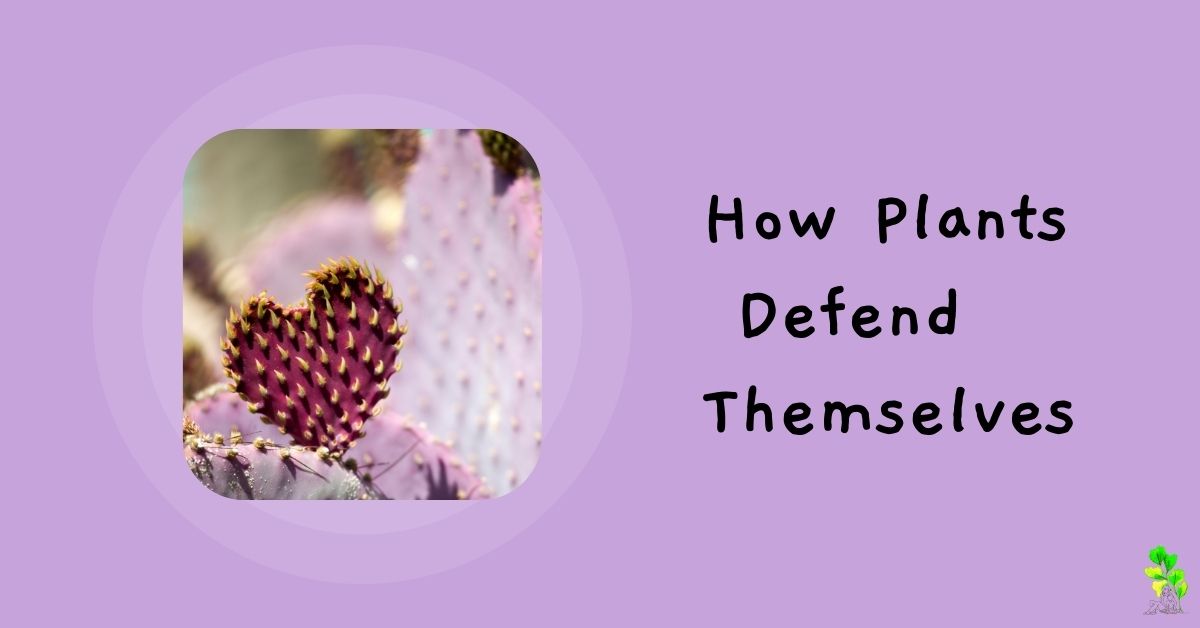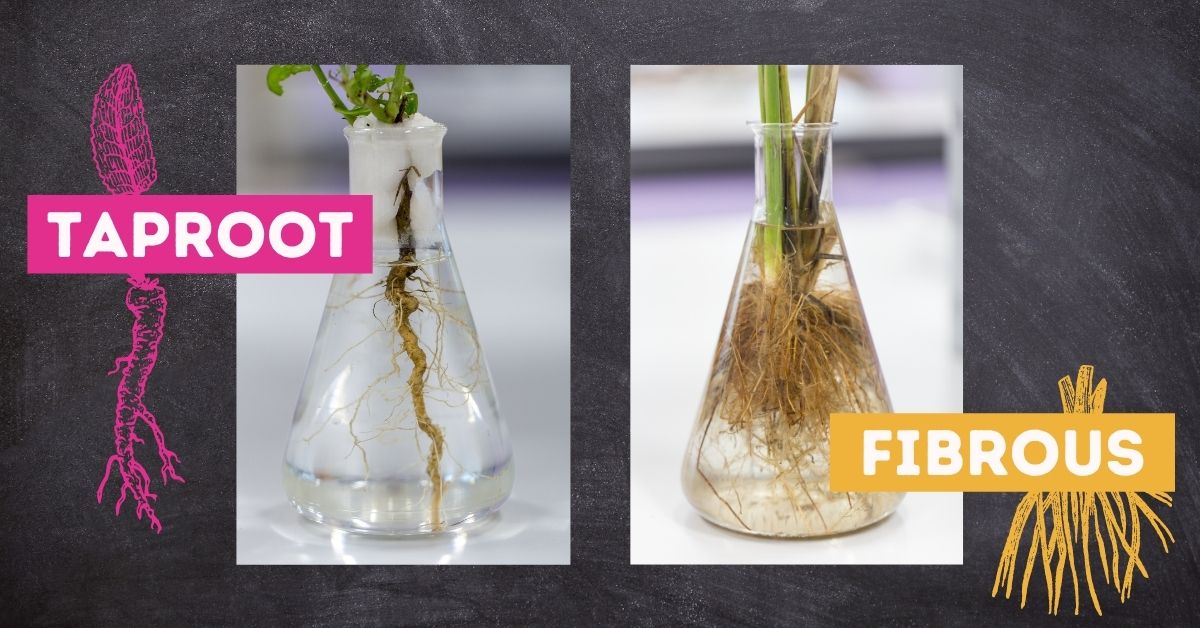Quick lesson on changes that solid materials undergo: how solids can be changed, what properties change, and what doesn’t change when they are bent, pressed, hammered, cut, etc. Free printable/interactive worksheets follow to aid with mastery.
Tag: Montessori science
Materials That Undergo Decay: Biodegradable and Nonbiodegradable Materials
Quick elementary science lesson and free worksheets on materials that undergo decay, biodegradable vs. nonbiodegradable waste, and the importance of decomposition.
Materials That Sink or Float: Density and Buoyancy Worksheets for Elementary
Quick science lesson and four free worksheets on density, buoyancy, and objects that sink or float.
Materials That Absorb Water: Worksheets for Grade 4
Quick science lesson and three free worksheets on materials that absorb water (porous and nonporous materials).
Animals and Their Young
A quick list of animals and what their young is called, plus free worksheets to help kids master the most common young animals’ names.
Parts of a Seed, Types of Seeds, and How Seeds Travel
Learn the different parts of a seed, the two main types of seeds, and the various methods of seed dispersal. Use the free worksheets to reinforce learning.
Types of Fruits with Examples – HuntersWoodsPH.com Biology
Learn about the different types of fruits: simple, aggregate, and multiple, as well as dry and fleshy (succulent). Use the free worksheets to reinforce learning.
Types of Flowers with Examples – HuntersWoodsPH.com Biology
Learn about the different types of flowers — complete vs. incomplete, perfect vs. imperfect, solitary vs. inflorescent — with a list of examples for each.
How Plants Defend Themselves: Thorns, Specialized Stems, Needles
A short video describing how plants defend themselves from animals, from drying up, and from the cold, plus free worksheets to help with mastery for Montessori lower elementary.
Types of Roots (Montessori Botany Lesson, Quiz and Worksheet)
The two main types of root systems, an introduction to some specialized roots, and a quiz and worksheet to help with mastery.
